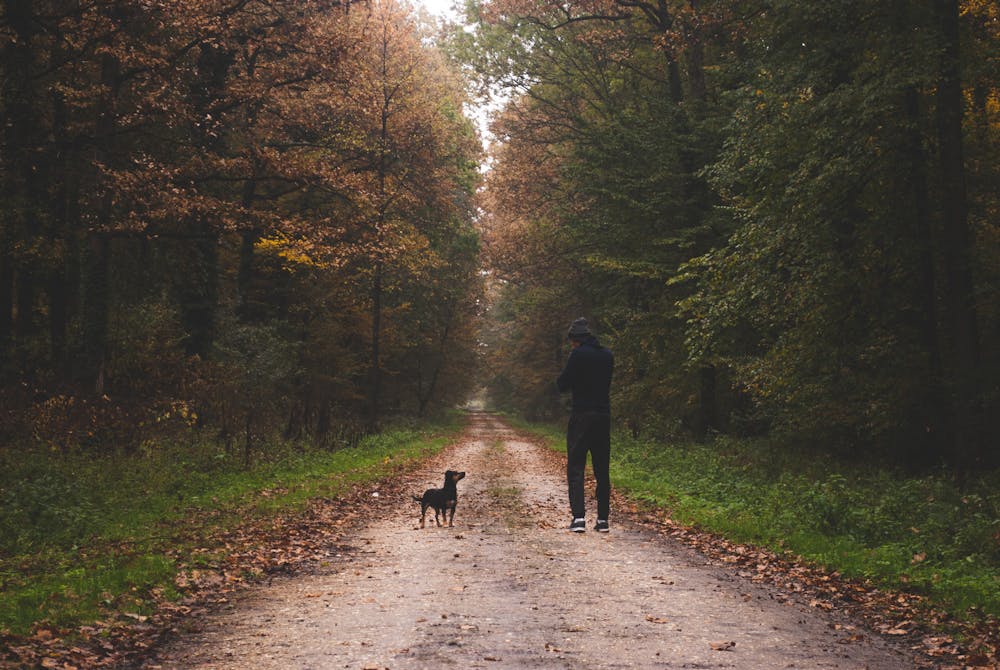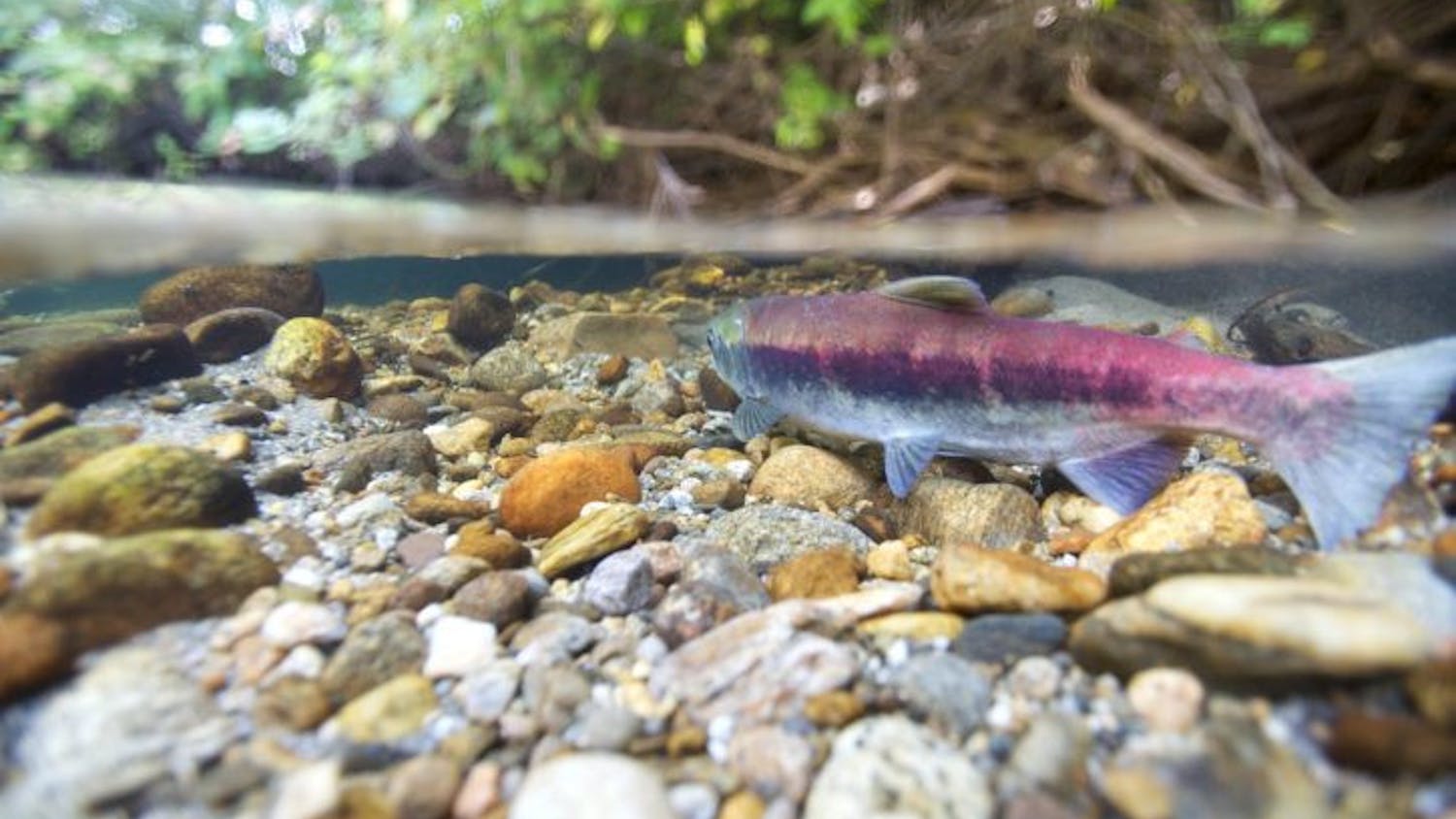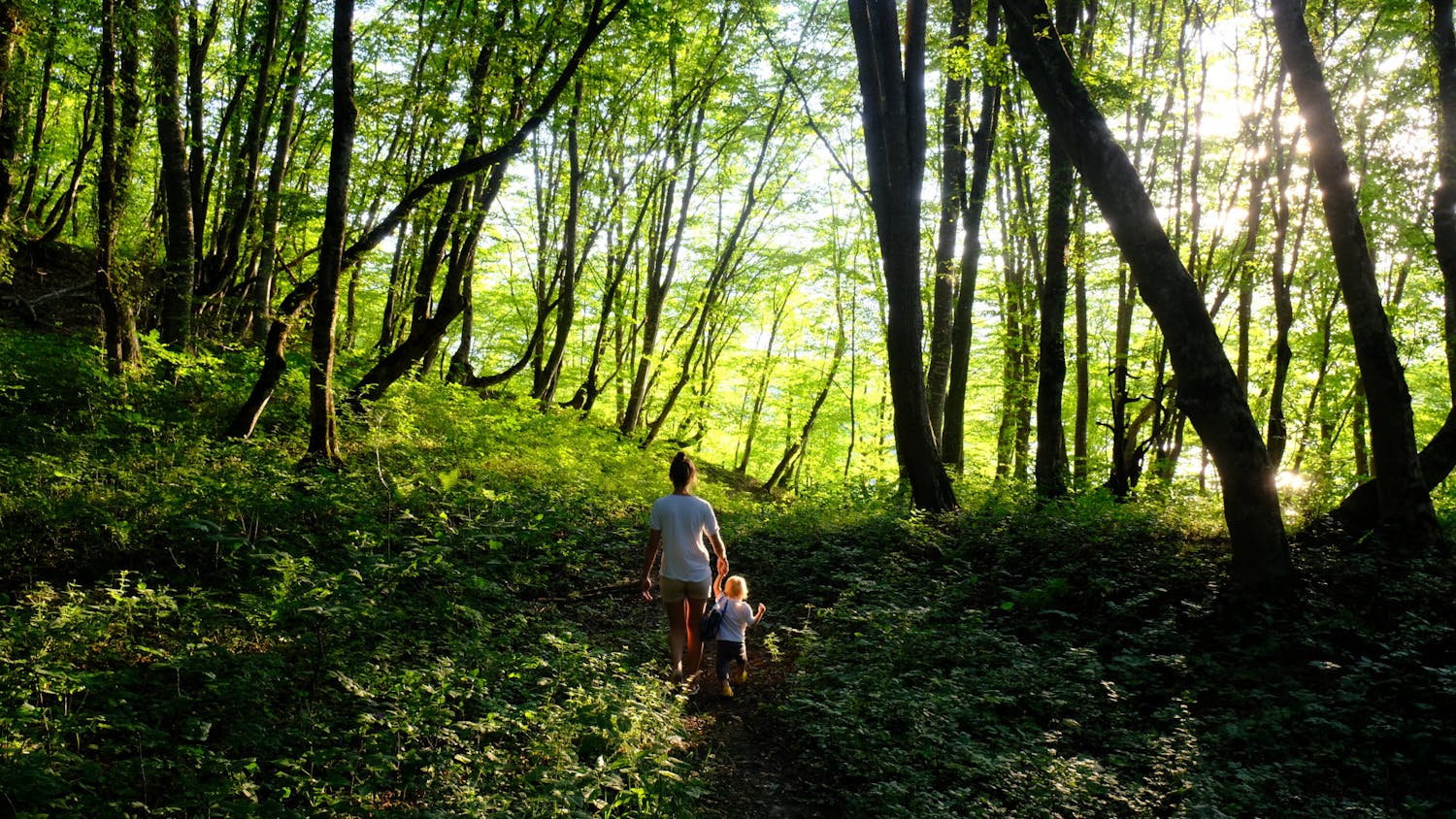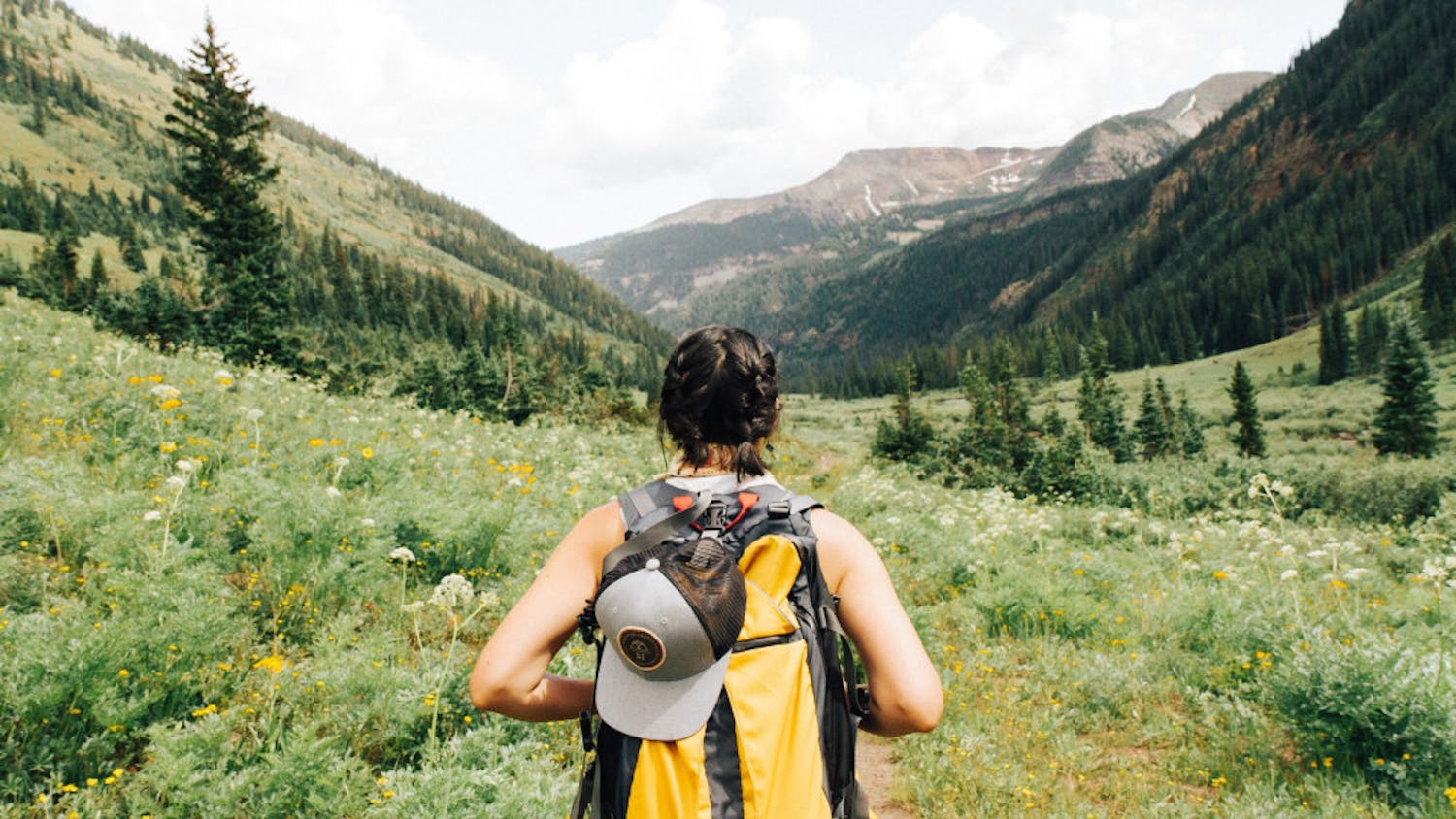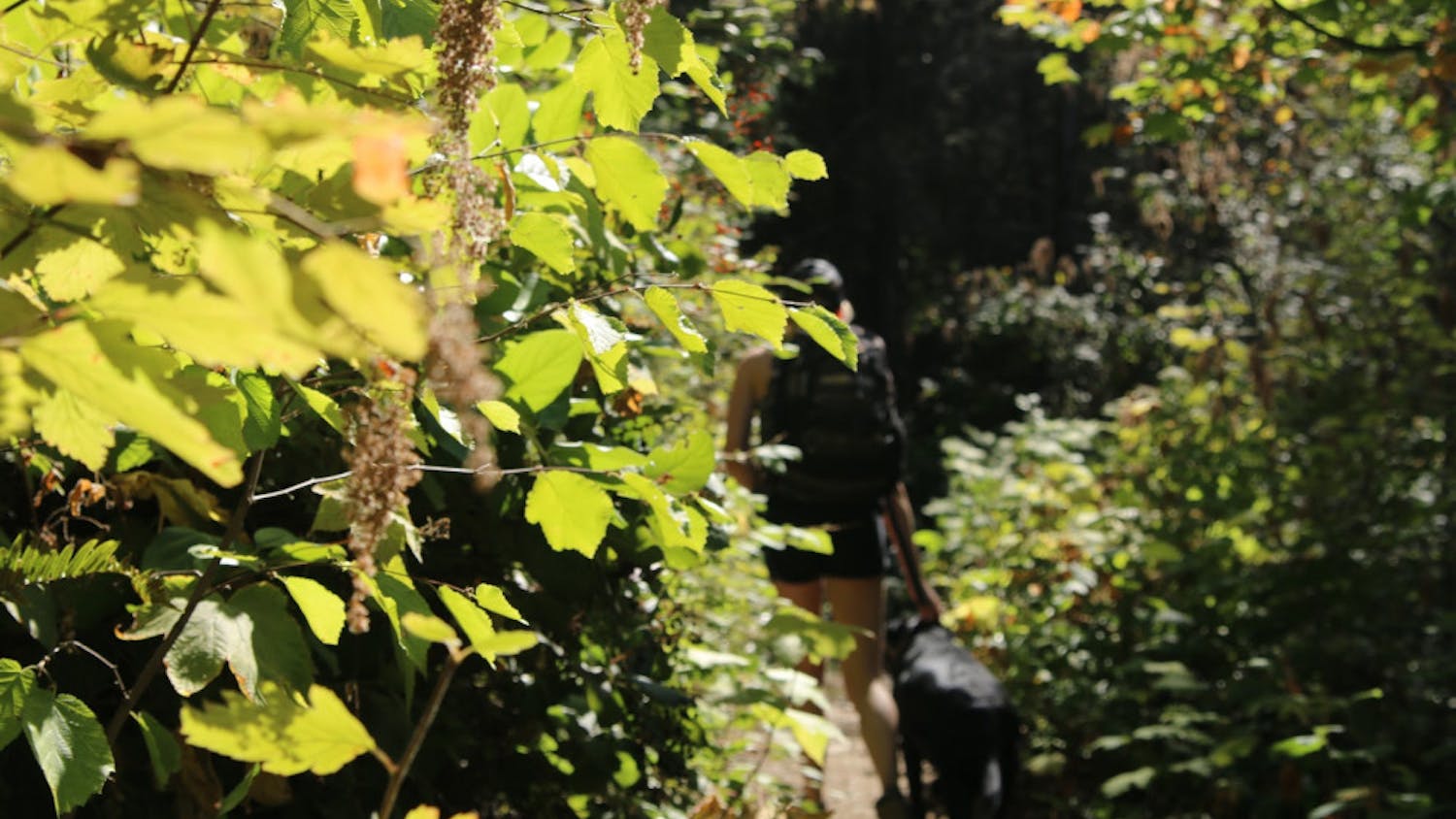As COVID-19 drives scores of people to outdoor spaces, responsible recreation has risen to the forefront of many's attention. With individuals looking for a place to be free of pandemic restrictions, concern for the environment has grown as the likelihood of overuse and damage increase.
“We’re seeing much higher attendance than normal and I think that's common across counties, federal parks,” said John Keates, assistant regional manager for the Northwest region of Washington State Parks. “Last year at this time we started getting all this extra use and we had less staff in some places.”
Even before the pandemic, Washington had a large number of yearly visitors to its parks. Deception Pass, one of the region’s most popular parks, saw over 3.3 million visitors in 2019 and despite a month-long COVID-19 related closure, over 3.5 million visited in 2020.
Even less popular parks had the same kinds of substantial increases. According to data provided by Keates, Twin Falls Trail, a part of Olallie State Park, saw 379,530 visitors in 2019 and 570,873 in 2020.
Colton Whitworth, public affairs officer for U.S. Forest Service’s Region 6, an area of land which includes the Mount Baker-Snoqualmie National Forest, recorded similar changes for forest service land.
According to Whitworth, the recorded number of Christmas tree permits sold in 2020 was 20,000 — a massive increase from the average amount of 6,000 issued in years prior.
With increased traffic, the impact of every individual interaction has become more important than ever.
“Now there’s just more impact everywhere — that's one of the things we’ve been kind of wrestling with in some planning,” Keates said.
Additionally, Keates added that the increased usage of state park resources has led to a decrease in the number of large events allowed to ensure that trail resources are enjoyable for everyone.
To help protect trail-goers and the environment, several Washington agencies including the Washington Trails Association banded together with the Recreate Responsibly Coalition, a national combination of social media campaigns and inter-agency efforts to educate people in the outdoors.
“Federal agencies bought in really quickly … we’ve had well over a billion social media hits,” said James Moschella, policy and planning manager for the Washington Trails Association.
The coalition emphasizes key wilderness concepts like preparedness, checking trail conditions before you go, considering which days will be “high use” and leaving no trace.
Such educational efforts were important as new users headed out to wilderness spaces without sufficient experience, taxing search and rescue resources already strained by COVID-19.
“We saw large numbers of people who had never been into the forest or dealt with snow or driven in those kinds of conditions — we’re seeing lots of inexperienced users getting stuck,” Whitworth said. “It was a drain on our first responders as well as staff.”
Even experienced hikers were not immune to the potential dangers of hiking and other outdoor activities.
Moschella stressed that “there were search and rescue operations for someone who has been hiking 50 years and some search and rescue needed for people on their first few hikes — that's why these tips are so important.”
Recently, the Recreate Responsibly Coalition published guidelines for wildfire season — an important environmental concern in a heavily wooded Washington.
“Illegal campfires end up being wildland fires,” Keates said. “In our Northwest region [of state parks] we had seven or eight fire events … with the increased use in general does come a sect of user groups that aren’t used to being in the outdoors and they don’t know the etiquette.”
Keates gave a shortlist of specific and simple tips for people recreating outdoors. On the list were keeping pets leashed, checking parking availability ahead of time, packing out trash and staying on established trails. With so much use, even a shortcut around a mud puddle could cause “a 3-foot trail to end up as an 8-foot trail.”
Keates and Whitworth both emphasized using available online resources or calling before venturing outdoors in order to minimize over-capacity situations. The Washington State Parks Northwest Region office can be reached at (360) 755-9231, while the Mount Baker Ranger District can be reached at (360) 856-5700.
“The biggest thing I can say is, if you saw it on a TikTok video, then don’t go,” Whitworth said. “There’s a lot of really pretty places in the forest … a million other beautiful areas in the forest that people can go … try to find something that’s maybe just a little bit outside of those main corridors.”
Rowan Forsythe is a visual journalism major and junior at Western. Convinced he disliked writing until his sophomore year, Rowan has now covered topics from homelessness to school sports. You can reach him at rforsythe.thefront@gmail.com, and view his photography portfolio here.


